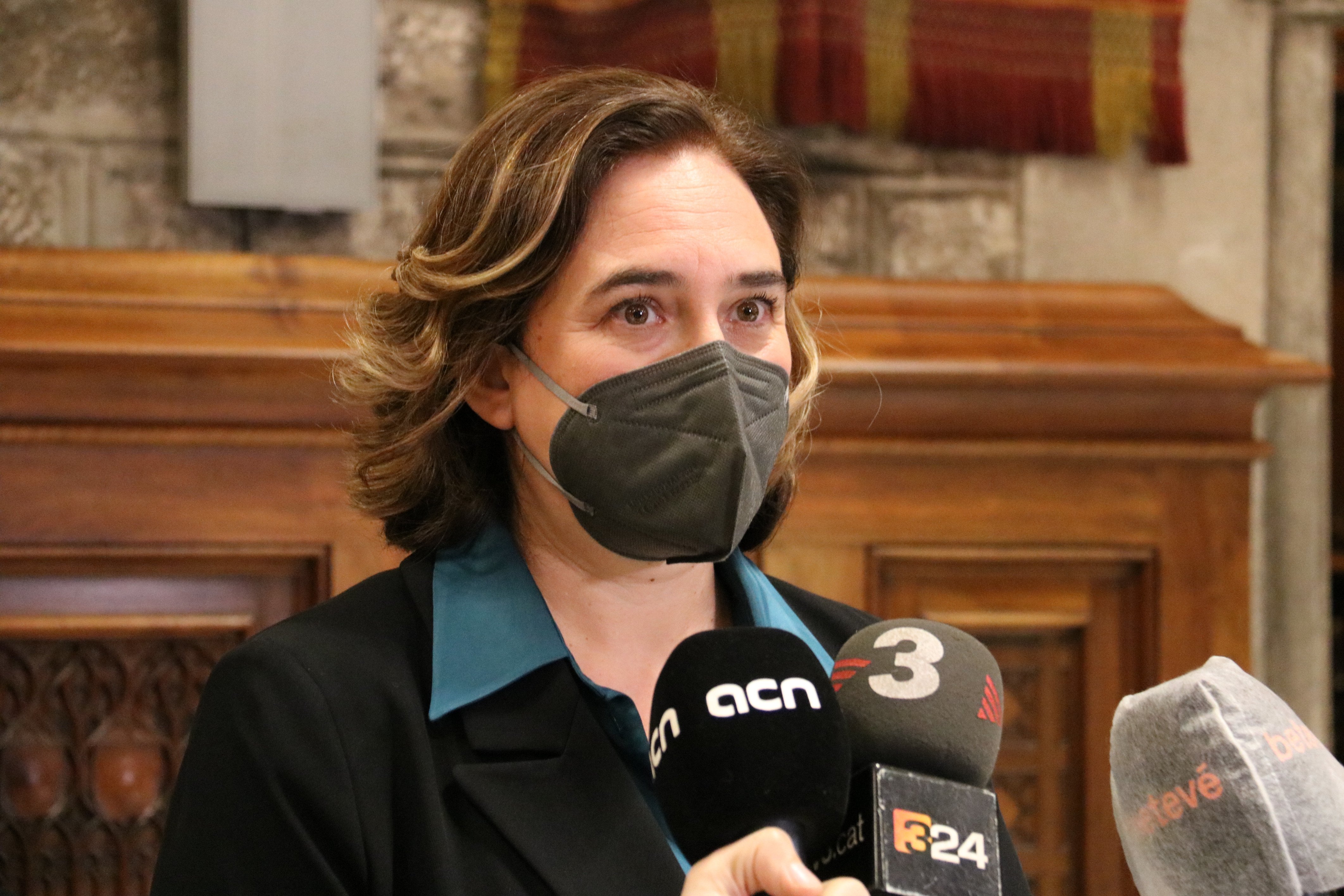The first reaction of the mayor of Barcelona, Ada Colau, after receiving a court summons to testify as a person under investigation for the granting of alleged irregular subsidies to various groups, was to express her "perplexity", trusting that the complaint will turn out to be "nothing" and considering it "out of place" to raise the possibility of her resignation. In fact, she recalled that the case had already been shelved at an earlier stage and hoped that this time the same thing would happen. Nevertheless, the accusations which the mayor faces could be grounds that would oblige her resignation under the code of ethics of her political party, Barcelona en Comú, a document in which the party lays down a a number of commitments that, over time, have not been followed to the letter.
Thus, among the points set down in the code of ethics, one that stands out is 3.6, which requires office holders to "commit themselves to resign or be dismissed immediately from all posts if accused of crimes related to corruption, abuse of office for profit, influence peddling, unjust enrichment using public or private resources, bribery, embezzlement and misappropriation of public funds either for their own benefit or that of third parties. The same commitment applies to charges for crimes of racism, xenophobia, gender violence, homophobia and other crimes against human rights or labour rights."
As became known on Tuesday evening, Colau is now required to testify before a judge on March 4th as a person under investigation for crimes of abuse of authority, fraud in contracting, misappropriation of public funds, influence peddling and prohibited negotiations, and therefore, in strict application of the code of ethics, she should resign, as the concept of "accused" (imputado in Castilian) has been replaced in legal use by that of "investigated" (investigado), although she has already announced that he has no intention of resigning.
In any case, it would not be the first time that Barcelona en Comú has broken its own code of ethics. It did so, for example, in July 2019, at the beginning of Ada Colau's second term, when BComú city councillors voted to raise their own salaries by 27%, which became 40% in the specific case of Colau. According to point 3.4 of the code of ethics, councillors undertook to receive only 2,200 euros net in monthly salary and to give the difference between this sum and the official salary, which is significantly higher, to social entities. In 2019, then, it was decided that, due to the workload of their jobs, the salary would be increased, thus reducing the contributions to the chosen social entities. Colau currently takes home 3,191 euros per month, almost a thousand euros more than promised in the code of ethics.
"The public should decide"
In an interview on the Spanish television current affairs programme Salvados in 2014, the then-mayoral candidate Ada Colau told presenter Jordi Evolé and fellow guest Juan Carlos Rodríguez Ibarra (PSOE politician) of her anger that "many of those who are accused of crimes don't resign." She said that this was part of the "old politics", in which "people don't ever resign".
Atenció:
— Rai López Calvet (@RaiLopezCalvet) January 19, 2022
Ja sabem què farà l'alcaldessa Colau per la seva imputació per corrupció, ho va explicar fa anys, aquí ho teniu.
Vídeo de @0punt0.👇🏻pic.twitter.com/rNvZf4ll0A
Given the objection expressed by Ibarra that, if resignation was required in this situation, any politician could simply invent trumped-up claims to get rid of an opponent, Colau proposed, that in such a situation, she would call a referendum and allow the public to decide. "A representative has to have the confidence of the public." "It's a sufficiently serious fact that the public should be able to give their views, isn't it?"

